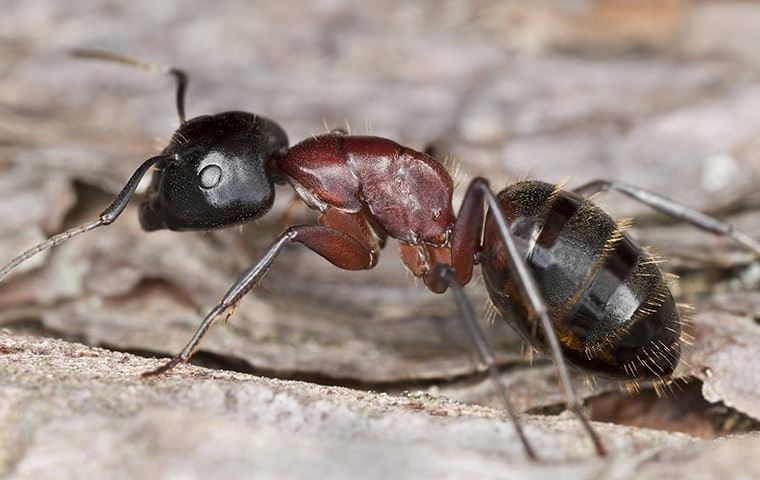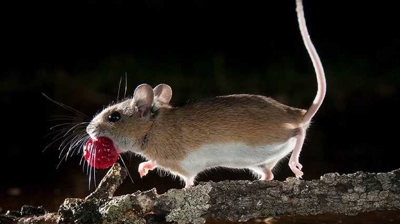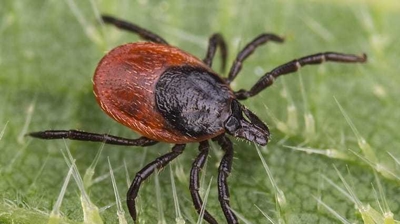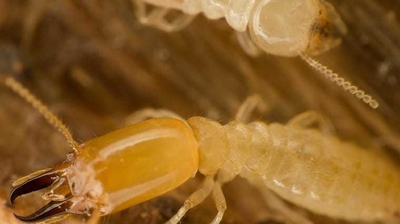
Carpenter Ants Identification & Prevention
Frequently Asked Questions about Carpenter Ants
Have questions? We are here to help. Still have questions or can't find the answer you need? Give us a call at 252-424-7966 today!

-
How can I prevent carpenter ants in the future?
Pests are not just a nuisance; they pose potential health risks and are capable of damaging property. Avoid problems with carpenter ants with the help of the following prevention tips.
- Keep carpenter ants out of your home by caulking openings in the foundation and exterior walls.
- Place weatherstripping around windows and doors.
- Reduce excess moisture by fix leaking pipes and fixtures both inside and outside your home.
- Cut trees and shrubbery back away from the exterior walls of your house.
- Remove old piles of wood, fallen trees, and trees stumps from your yard.
- Use dehumidifiers to dry out basements and reduce the overall humidity level in your home.
- Remove any wood from your home damaged by water.
- Ventilate crawl spaces.
- Pick up uneaten pet food each evening.
-
How do I get rid of carpenter ants?
Acquiring help from a professional pest control expert is the best way to eliminate carpenter ants and keep them from returning. At Albemarle Termite & Pest Control, our technicians are highly trained and dedicated to providing safe and effective pest control services that are affordable. We are a local home pest control company whose number one priority is putting our customers first and exceeding expectations. For home or business owners looking to eliminate pests from their property once and for all, call Albemarle Termite & Pest Control today!
-
Where will I find carpenter ants?Carpenter ants are easy to spot outside in gardens, on walkways, decks, and porches due to their large size. They create their main outdoor nests in dead trees or tree stumps, in piles of firewood, and rotting fence posts. Carpenter ants have high moisture needs, and those that do move inside to create satellite nests choose decaying pieces of wood around windows, chimneys, hot water pipes, sinks, and behind walls voids.
-
Why do I have a carpenter ant problem?Carpenter ants become a problem on properties that offer them ample nesting sites with plenty of opportunities to forage for food. These ants feed on a variety of foods, including dead insects, honeydew secreted by aphids, pet food, proteins, sweets, and sweet liquids. While out foraging for food, they often find their way into homes and other buildings through openings in the foundation and exterior walls or spaces around windows and doors.
-
Are carpenter ants dangerous?Carpenter ants are a danger to property, not to people. Carpenter ants tunnel through wood to create a nesting site for their colony. When nesting inside a home, they choose structural wood to make their nests. Over time, the damage created by digging out their tunnels and nesting galleries is costly and time-consuming to repair.
-
What are carpenter ants?
The carpenter ant is a type of wood-destroying insect and a common household invader. They are a large species of ant, and their nesting habits cause damage to the structural wood in homes that they choose as a nesting site for their colony.
When living in nature and away from our homes, carpenter ants are beneficial, helping to break down older and decaying wood. These ants rarely invade sound wood; instead, they prefer wood that has been previously damaged by water.
The carpenter ant is the largest species of household invading ant in the United States and grows to between ¼ and ½ an inch long. These ants have a segmented, oval body, and workers have large, powerful mandibles they use to chew through wood. Carpenter ants are black, red, or a combination of those colors.



